Mercy. It’s all about mercy – thank God.
You may have heard that little voice that tries to tell you how unworthy you are. “You’re a sinner, how can you sit there in church?” “Don’t tell me how to live my life; you’re worse than I am!” “How can you even ask God to forgive you after everything you’ve done?” That little voice might come from someone we know, or maybe it’s just that nagging voice in the back of your head. But we’ve all heard it in some way or another at some time in our lives. In a way, the voice is right. We are sinners. There is no denying that. Saint Paul makes it very clear in today’s second reading: “Christ Jesus came into this world to save sinners,” he says. “Of these I am the foremost.” That’s true of all of us, certainly. But at a very fundamental level, the voice is dead wrong. Because we are never unworthy of mercy, we are never far from God’s love.
Jesus knows this is hard for us to accept, so he tells us three stories. Each of these stories is intended to shock us into seeing how radical God’s mercy really is. Now, honestly, to all of us who are far removed from the culture and everyday life of people in Jesus’ day, we might not get how shocking they are, until we really think about it.
In the first story, he asks a ludicrous question: “What man among you having a hundred sheep and losing one of them would not leave the ninety-nine in the desert and go after the lost one until he finds it?” The answer to that question is approximately zero! Because if he leaves the other ninety-nine behind to go after the lost one, he’ll have ninety-nine new problems when he returns! They’ll all be gone. So better to cut your losses and keep the other ninety-nine together. But God is not like the prudent shepherd. He will relentlessly pursue us when we wander astray and become lost and will not rest until he has us – all of us – back in the fold.
The second story isn’t quite as crazy, but it’s still a little out there. “What woman having ten coins and losing one would not light a lamp and sweep the house, searching carefully until she finds it?” On this one, it kind of depends. It depends upon the value of the coin. If it’s a small coin, it will probably cost more to buy oil for the lamp than the coin is worth, so better to wait until the sun comes up, and then sweep the house. One coin doesn’t matter so much that it can’t wait until the light of day. But God is not like that. Finding the lost one among us is absolutely urgent, and we are always worth the lamp oil.
Then we have the wonderful, very familiar parable of the prodigal son, which I prefer to call the parable of the very forgiving Father. Because I think the main character here is the father, and not the son, not either of the sons. Look at how forgiving the father is: First, he grants the younger son’s request to receive his inheritance before his father was even dead – which is so presumptuous that it really feels hurtful. Kind of like saying, “Hey dad, I can’t wait until you’re dead, give me my inheritance now, please.” But the father gives him the inheritance without ill-will. Secondly, the father reaches out to the younger son on his return, running out to meet him, and before he can even finish his little prepared speech, lavishes gifts on him and throws a party.
There is a tendency, I think, for us to put ourselves into the story, which is not a bad thing to do. But like I mentioned earlier, it’s easy to identify with the hard feelings of the older son sometimes. But let’s look at these two sons. First of all, I’ll just say it, it’s not like one was sinful and the other wasn’t – no – they are both sinful. The younger son’s sin is easy to see. But the older son, with his underlying resentment and refusal to take part in the joy of his Father, is sinful too. It’s worth noting that the Father comes out of the house to see both sons. That’s significant because a good Jewish father in those days wouldn’t come out to meet anyone – they would come to him. But the Father meets them where they are and urgently, lovingly, pleads with them to join the feast.
So, both sons are sinful. But remember, this is a parable, and so the characters themselves are significant. They all symbolize somebody. We know who the Father symbolizes. But the sons symbolize people – more specifically groups of people – too. The younger son was for Jesus symbolic of the non-believer sinners – all those tax collectors and prostitutes and other gentile sinners Jesus was accused of hanging around with. The older son symbolizes the people who should have known better: the religious leaders – the Pharisees and scribes. In this parable, Jesus is making the point that the sinners are getting in to the banquet of God’s kingdom before the religious leaders, because the sinners are recognizing their sinfulness, and turning back to the Father, who longs to meet them more than half way. The religious leaders think they are perfect and beyond all that repenting stuff, so they are missing out.
So again, it’s good to put ourselves in the story. Which son are we, really? Have we been like the younger son and messed up so badly that we are unworthy of the love of the Father, and deserve to be treated like a common servant? Or are we like the older son, and do we miss the love and mercy of God in pursuit of trying to look good in everyone else’s eyes? Maybe sometimes we are like one of the sons, and other times we are like the other. But the point is, that we often sin.
But our response has to be like the younger son’s. We have to be willing to turn back to the Father and be embraced in his mercy and love and forgiveness. We can’t be like the older son and refuse to be forgiven, insisting on our own righteousness. The stakes are too high for us to do that: we would be missing out on the banquet of eternal life to which Jesus Christ came to bring us.
And where does that bring us if not to the sacrament of Penance? We have heard the voices in our head or the voices of others. We have sinned, we are not worthy of the Father’s love. But he wants to love us anyway. All we have to do is turn back, by going to confession and being forgiven of our sins. We have fallen; we have failed; we have sinned, but the antidote to that poison is the great healing river of God’s mercy.
I don’t think we can adequately reflect on God’s mercy without recalling the horrible event that happened in our nation fifteen years ago today. On that horrible morning, terror was unleashed on the twin towers of the World Trade Center, on the Pentagon, and in a field in Pennsylvania. Those of us old enough to remember definitely remember how we felt on that horrible day. Fear, anger, sadness, overwhelming grief. How could something like that happen, and what kind of monsters could unleash such evil? It’s really hard to see how mercy can apply to people like that.
Honestly, I don’t know how you deal with the justice of that situation. There are some questions that we’ll never be able to answer on this side of the life of heaven. But we do know that we have been called to mercy: mercy for ourselves and mercy for others. Anger and fear serve no useful purpose and lead to nothing good. But while we hold people accountable for the horrible things they have done, we trust God to give mercy to all of us, because dwelling on anger and fear harm us more than others. We pray for those who have been hurt by the horrors of that day. We pray for the conversion of those who live only to inflict evil. And we pray that God’s mercy will change all of us, making the world a place where things like 9-11 never happen again.
It’s all about mercy. Thank God.
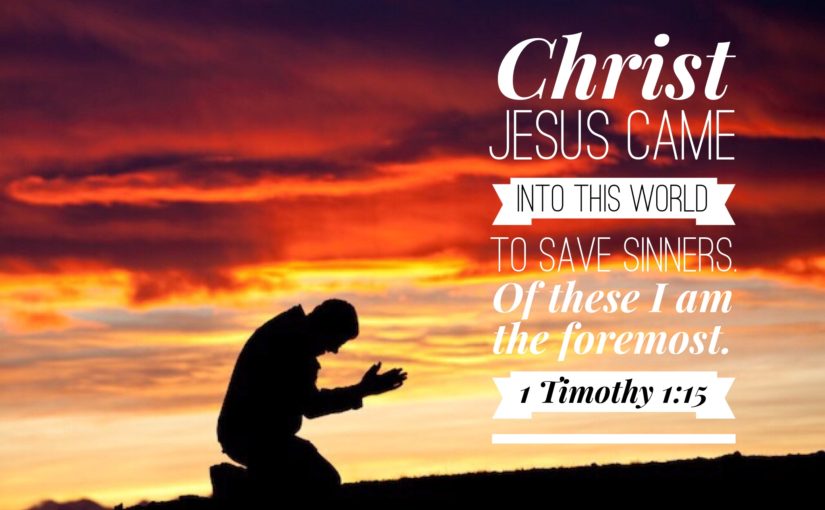
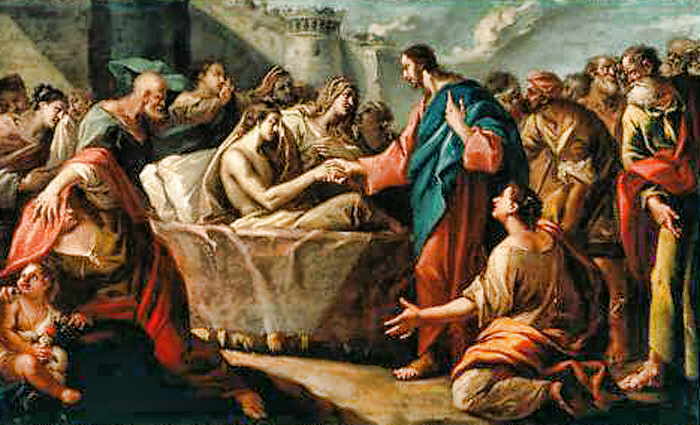
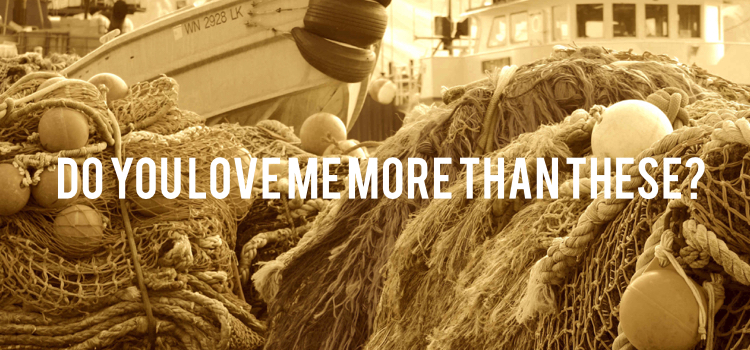
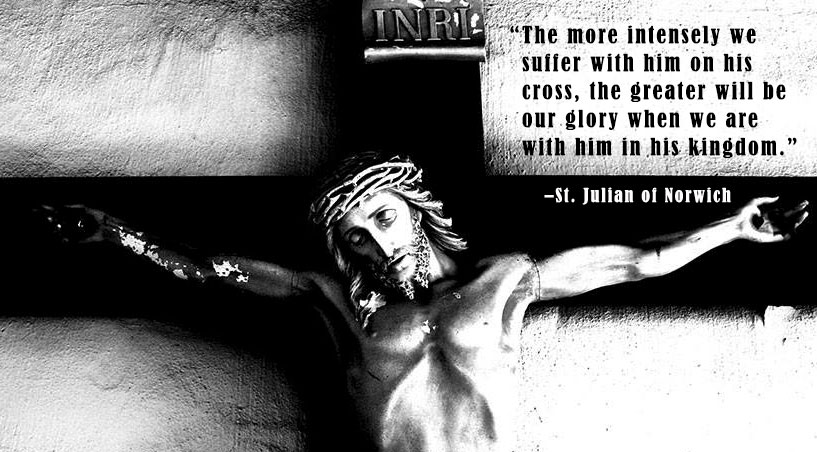
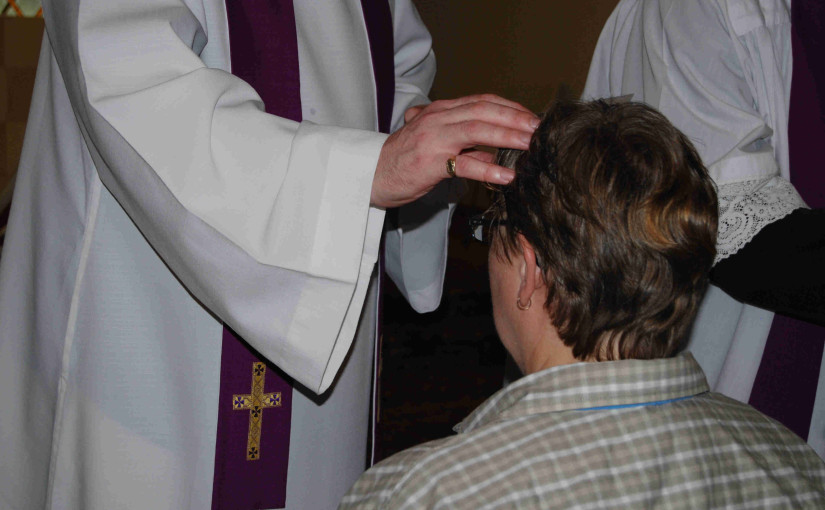
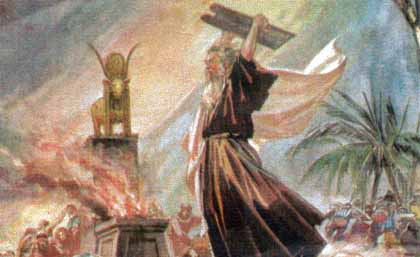
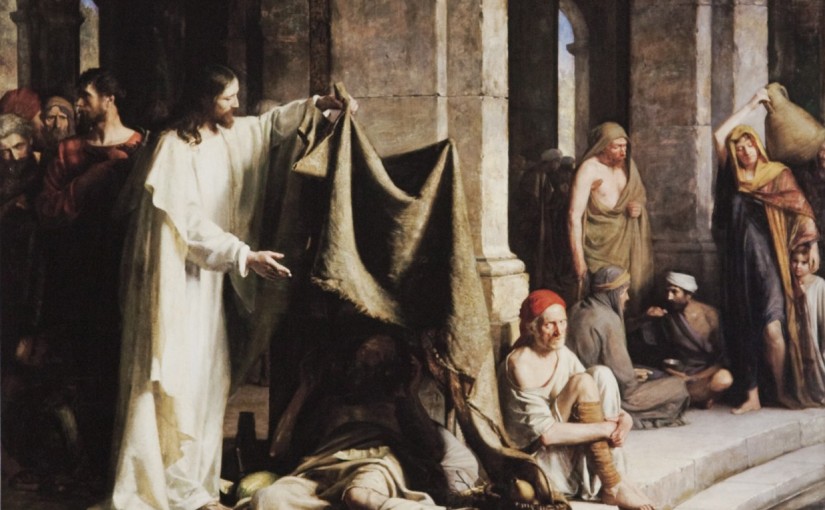
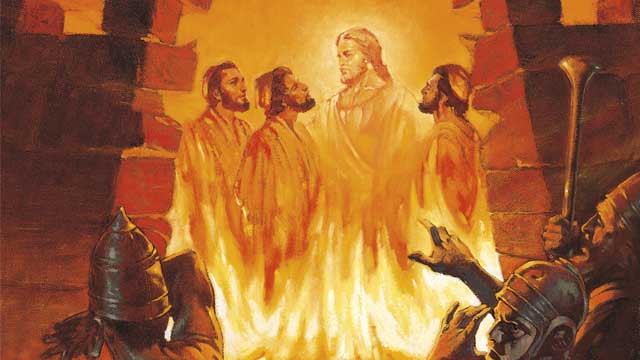
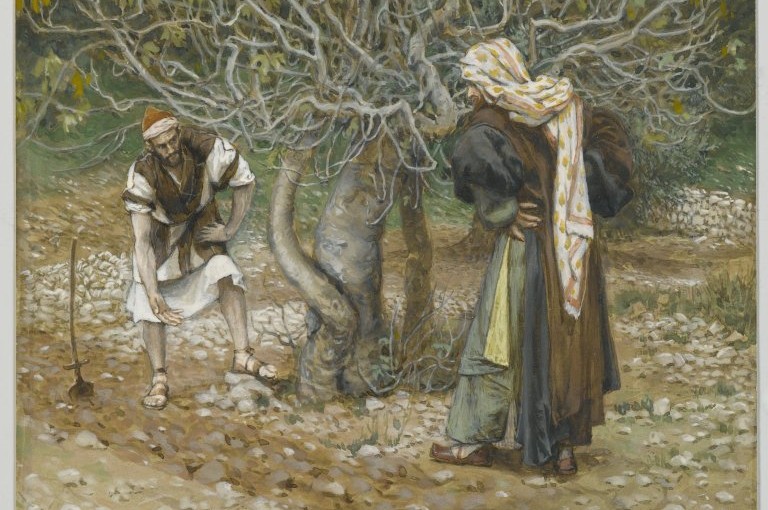
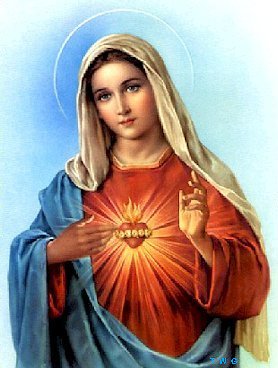
You must be logged in to post a comment.